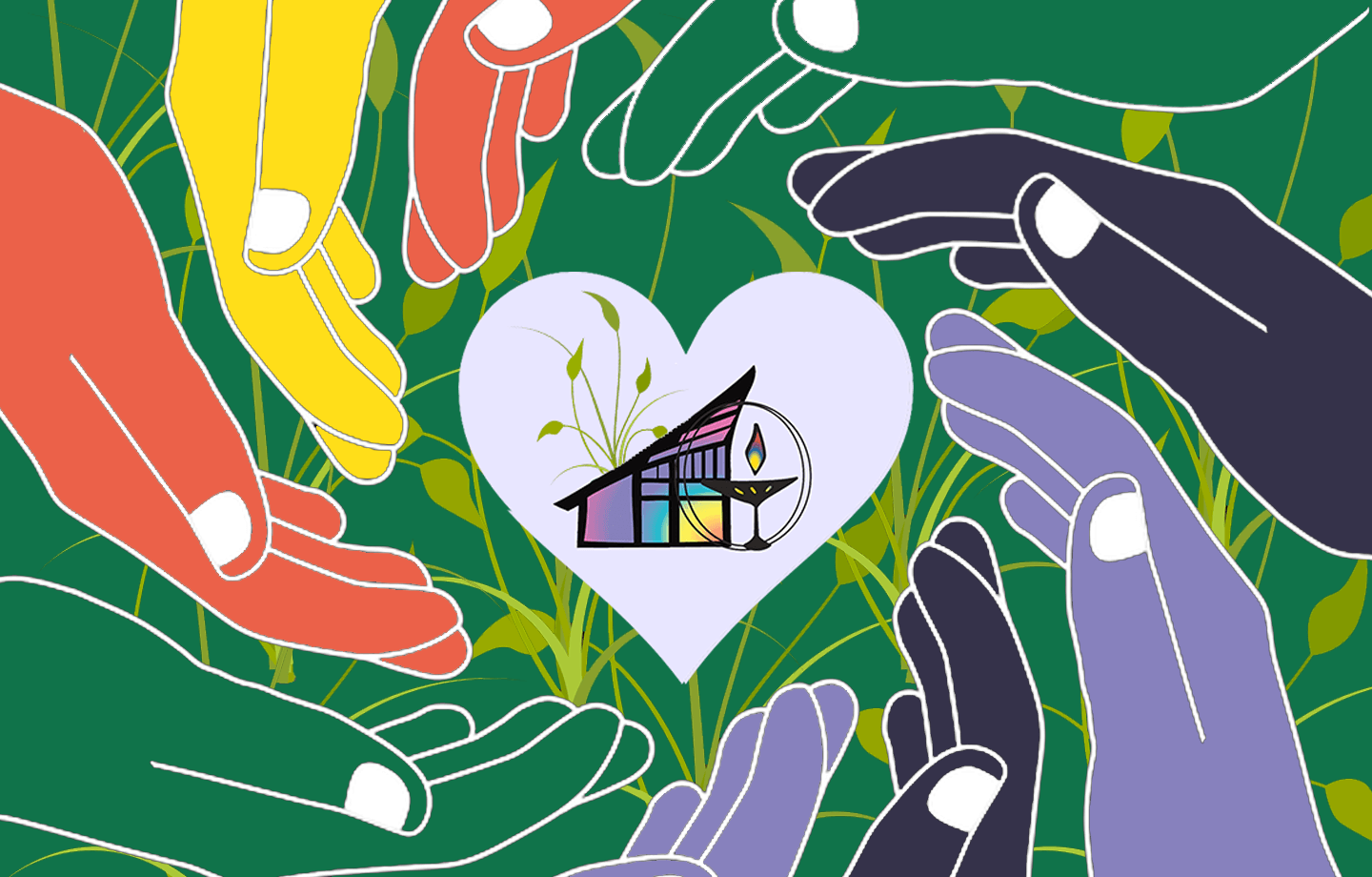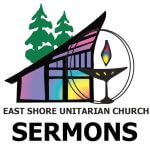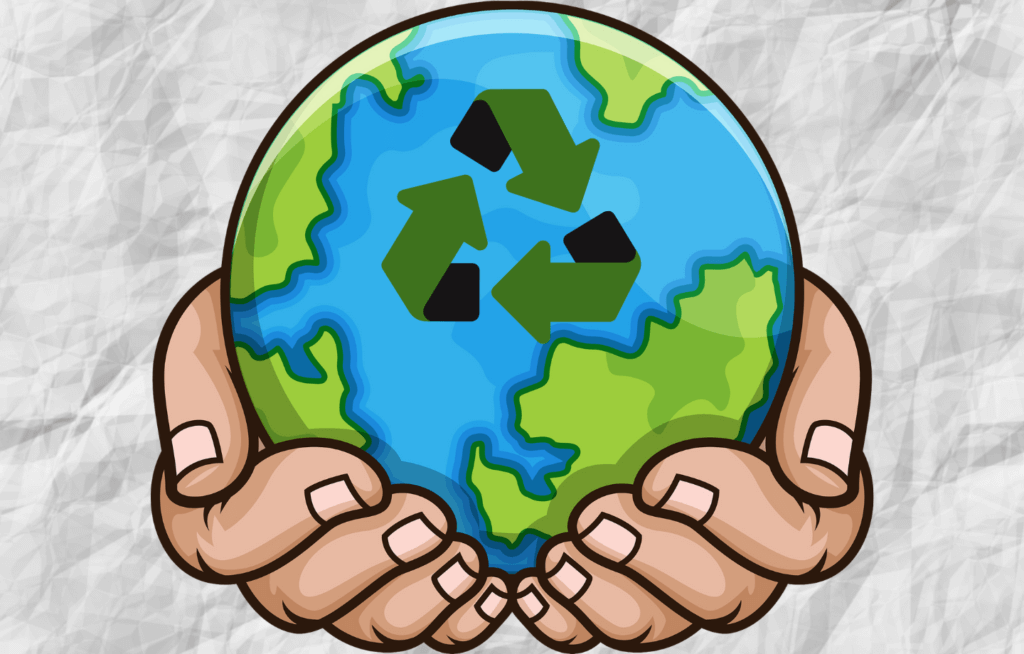
- This event has passed.
We Need One Another
Sunday, September 27 @ 10:30 am - 11:30 am


Covenant Circles have been a meaningful part of East Shore for nearly 20 years. These small groups provide a context for support and friendship, personal and spiritual growth, connections and belonging. Those of us who are actively participating in Covenant Circles would like you to know how much our experiences have meant to us. We encourage you to consider making a Covenant Circle a part of your East Shore life. Come listen to our stories, hear how our lives have been enhanced by our participation, and learn how you can become a part of these dynamic, vital small group ministries. We do need one another.
how to attend
• To virtually attend, please Zoom in using room number 989 3107 9078.
• To phone into the service, call 669-900-6833, Meeting ID: 989 3107 9078.
For those joining, please mute as soon as you enter the room, so everyone can hear. Please note, the services will be recorded, but at this time, there are no plans to share the recording.
More Information
Religious Education for children and youth begins at 9:30 a.m. Learn more here.
If you don’t have a chalice, but want to light one, check out our Making a Chalice at Home page.
During the summer months, service is followed by Coffee Hour.
Sermon Text
What is a Covenant Circle?
by Anne Kerlee
Covenant Circles are small groups – 8 to10 people or so – who commit to meeting regularly, usually twice a month for 1 ½ to 2 hours. Members of the circle create a covenant among one another to listen and to be heard, to explore spiritual paths, and to build new and deeper, personal connections. During each session, there’s a lighting of a candle and opening words, time for personal check-in, a topic for discussion and exploration, and closing words.
Covenant Circles are more than friendship circles. Participants practice deep listening and build thoughtful connections with one another. A Covenant Circle is not a therapy group; it is a safe place for personal and spiritual exploration and growth. Confidentiality is essential.
During the service today, you’ll hear several people tell how important their covenant circle has been for them. We’ll focus on the personal benefits and relationships.
If you’d like more detailed information, check out East Shore’s web site, talk to any of today’s participants, and contact Nicole Duff. We invite you and encourage you to experience the caring support and friendships that Covenant Circles provide.
Small Group Ministry at ESUC: On Covenants and Covenant Circles
by Rev. Dr. Stephen H. Furrer
First of all, I want to thank the Covenant Circle facilitators for their wonderful efforts—the extraordinary ministry they are providing here at East Shore Unitarian Church. And to thank them additionally for nudging me to fashion a worship service focusing on what they do and why it matters; to hold up our Small Group Ministry and ask if it’s something worthy of our love and—if yes—then how to support it in healthy, effective ways. Covenant Circles offer opportunities for members new and old to make friends within a small group context—but with the additional deliberate intention to fulfill Unitarian Universalism’s Third Principle: acceptance of one another and encouragement to spiritual growth in our congregations.
For those who struggle with the word “spiritual,” think of spiritual growth as added insight, self-awareness, self-possession, compassion, response-ability, composure…. Growth, that is, in becoming a creative and fully human human being. Such growth is aided by what we call spiritual practices. Historically, the one spiritual practice that Unitarian Universalists have most consistently used to help each other grow by this measure has been covenants.
Let me say this again: covenants are and long have been our foremost UU spiritual practice. Covenants are not creeds. Creeds confirm agreement of thought. Covenants, rather, focus a group’s aspirations. We recite our congregational covenant in worship almost every Sunday as a way of holding each other accountable to our best efforts, a way to help one another withdraw our projections and begin actually meeting each other face to face—and heart to heart.
Covenants as a religious practice were honed by our liberal ancestors during the Protestant Reformation. The modern imagination paints a picture of the Puritans as rigid and condemnatory, but he truth is more nuanced. They weren’t prudes, that’s for sure! They had a generous daily beer allotment, their courtship included overnight bundling, and for every orthodoxy freak like Cotton Mather there was more than one George Williams or Anne Hutchison. When the Puritans arrived on North American shores in the 17th century all Europe was engulfed Wars of Religion. The Puritans were Englishmen and women who had been radicalized after reading the newly translated-from-the-Latin Bible and discovering there all kinds of things—in particular political and economic admonitions—that their bishops, all of whom had been appointed by the Crown, never mentioned. Religion was a hot topic in those days, but with heresy a capital offense it could easily be a fatal topic, too. In such an environment many radicals decided to move to the other side of the earth (across the Atlantic Ocean) where they could remain ostensibly Church of England… but in their own radical way and far from the critical eye of authorities in London.
Wanting to keep their radical experiment in participatory religion off the radar screen of the Anglican bishops back in England, these “lefties” of their day put a lot of energy into good process: how to get along amicably. And what they came up with were congregational covenants: kind of a “ground rules for our enterprise” statement that bound members to treat one another courteously and lovingly. And without condemnation—whatever their state of belief or unbelief. For the divine spirit, Puritans also believed, could not be regimented. People had to be free to decide for themselves, to be struck by grace, or to settle for uncertainty—and then make terms with their resolution and act with what integrity it offered.
Consider our ESUC Covenant:
Love is the doctrine of this Church.
The quest for truth is its sacrament
and service is its Prayer.
To dwell together in peace,
to seek knowledge in freedom,
to serve humanity in fellowship,
thus do we covenant.
Easy to recite, perhaps, but not all that easy to actually practice. We’ve all broken faith with these words in our own ways; we all have our broken aspects and shadow-sides. And all of us struggle to get along with people we don’t agree or easily connect with. Psychologists and others talk about the phenomenon of projection whereby we project onto others aspects of ourselves that we can’t, or don’t want to, accept: thus so-and-so becomes a low-life; somebody else a busy-body, a stick-in-the-mud, or worse. Covenants prevent this from getting out of hand; they enable freely gathered groups to live together with a modicum of civility. But for those who seek to withdraw their projections completely and suspend, as best they can, their defense mechanisms and resistance, covenants can become “spiritual” in the way they open us up to the miracle of other human beings. In the Words of Welcome by Annie Dillard that I recited earlier: “We are here to abet creation and to witness to it, to notice each other’s beautiful face and complex nature….” And to help remember our connections to one another: deep connections that put the ego, with its manifold crises, in perspective.
Of course, you don’t have to be into it on that level. Covenants make good sense simply as agreed upon process goals: the way we do things together. They make for respectful, caring behavior; or at least make a goal of it, even if we sometimes fail to live up to it. In other words, covenants are valuable for good, practical reasons. But for many Unitarian Universalists, covenants also have a spiritual component: a way to find deep meaning—God even, as Ultimate Concern—in one another. You want to get in touch with Ultimate Reality? Look no further than your covenant partners.
Our church has mattered in people’s lives, mattered in the life of Bellevue and beyond, and still matters very much to thousands of people every day. Just like our forebears, what we’re trying to do here is radical: nurture and grow our souls. Grow them through prayer, yes, but not prayer as conventionally defined. Rather, through prayer understood the way Unitarian Universalists have defined it since our beginning: prayer as service. “I prayed for twenty years but received no answer until I prayed with my legs” wrote the runaway slave turned abolitionist and global statesman Frederick Douglass.
Here at East Shore Church, Eric, Amanda, and I—the whole staff—endeavor every week to craft services that touch the wellsprings, wellsprings deep at the heart of our faith, wellsprings of renewal and empowerment that our tradition affirms and that we believe today are to be found whenever we pray with our legs… and our hands and our hearts and our collective imagination all to the end of making the world a better place. Of doing good. Of becoming more compassionate—in our national policies, for sure, but also and equally important in our own families… and neighborhoods… and church.
The main point I want to make today, however, is not about the Sunday service. The main point I want to make is that there’s another venue in which covenants are helping a large number of our members connect to others and grow spiritually: Covenant Circles. Each circle has its own self-crafted guidelines, called “agreements” or their circle covenant.
At their best, covenant circles change lives. Just as 12-step groups change lives. Change lives because they’re designed to help one another open up about their ultimate concerns, and reflect on how they’re living up to them. Or not living up to them. Covenant Circles help us be accountable to one another by letting each other know what’s actually percolating around within one another’s consciences, hearts, and imaginations.
When we come out of such a place of vulnerability and openness everything changes.
When we’re coming out of that place, we’re walking the walk, we’re praying with our legs— sharing our souls that we may help one another grow our souls. When we’re coming out of that place, we understand anew and in our own bones that the cosmic umbilicus engendering all of life runs also up and down each of our own spinal columns, empowers our dreams, speaks to us through the still small voice of our consciences, guiding us everlastingly toward the Good.
So may it be. So may it be today. And so may it continue to be, to the best of our ability, from this day forth.
Amen. Blessed be. Namaste.
Children’s Story
Sermon Audio
We Need One Another
More Videos



